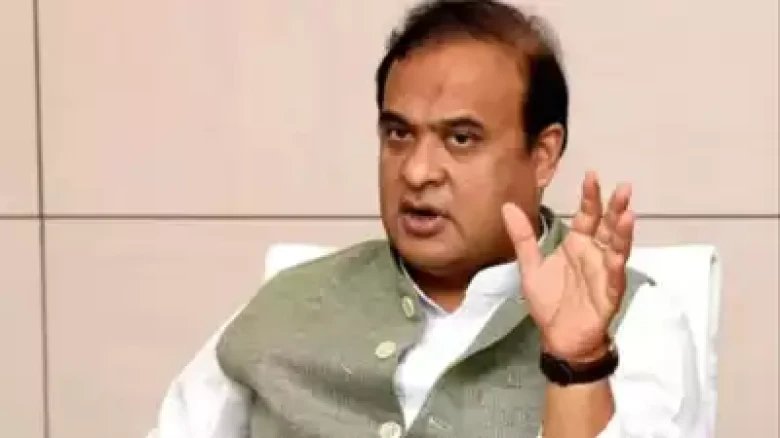Sarma discussed Assam's transformation, focusing on preserving the state's demographic balance and protecting the rights of its indigenous people.
Digital Desk: In his Independence Day speech, Assam Chief Minister Himanta Biswa Sarma outlined the state's progress towards development, stressing the significance of self-reliance and confidence in creating a thriving Assam independent of central government support. He highlighted the state's proactive approach to addressing persistent issues like floods without external aid and reaffirmed his commitment to fulfilling electoral promises despite facing political and personal challenges.
Sarma discussed Assam's transformation, focusing on preserving the state's demographic balance and protecting the rights of its indigenous people. He raised concerns about shifting population dynamics, noting a decline in the Hindu population to 57 percent and an increase in the Muslim population to 41 percent. He urged efforts to restore traditional conditions and emphasized the importance of continuing support for Assam's Satra culture, which he considers the state's essence.
He also outlined several forthcoming initiatives to enhance the state's infrastructure and governance. Among these is the launch of Mission Basundhara 3.0 on October 2, aimed at resolving land disputes and ensuring Guwahati's land remains with indigenous people. Additionally, Sarma announced the creation of 74 new sub-divisions or districts and the designation of Chiknajhar as the 8th National Park in Assam, located in the Bodoland Territorial Area Districts (BTAD).
The Chief Minister introduced plans for a State Domicile Policy, which will give priority to indigenous candidates for government positions. The Nijut Moina Scheme is expected to debut by October 10, and the state government will issue family ID or ration cards to 20 lakh people across Assam.
Addressing environmental issues, Sarma highlighted the impact of hill mining in Meghalaya on Guwahati's water problems and the artificial flooding caused by plastic waste in drains. He urged citizens to raise awareness and take action to mitigate these issues, noting that 20 percent of artificial floods could be reduced by avoiding construction on drains and preventing plastic waste disposal in them.
In conclusion, the Chief Minister reaffirmed his commitment to Assam's development and safety, promising to protect the interests of its indigenous population and strive for a balanced and prosperous future for the state.

Leave A Comment